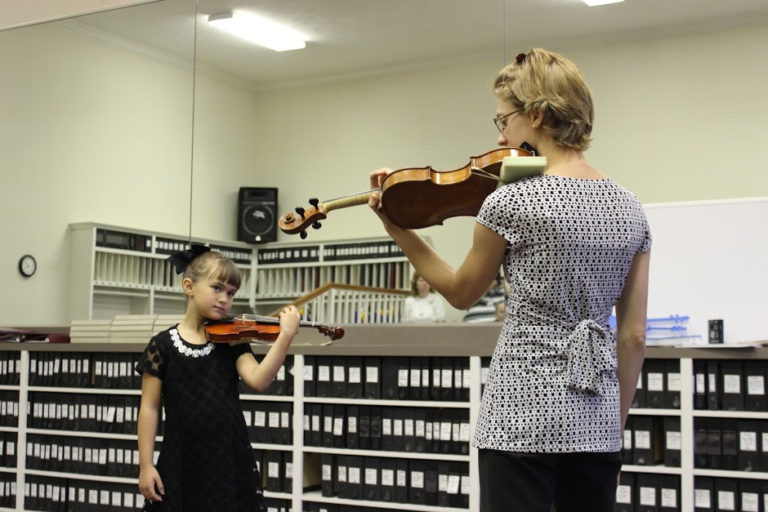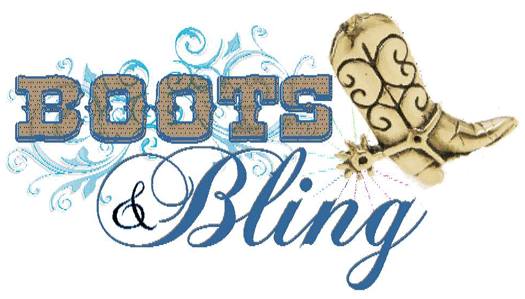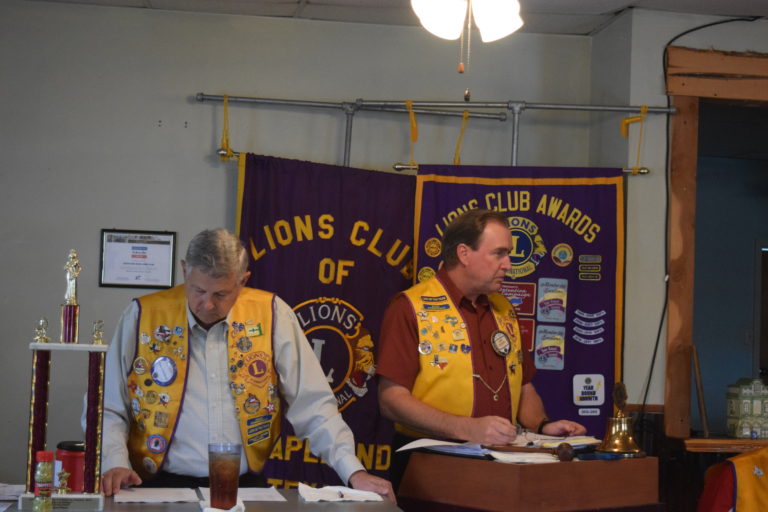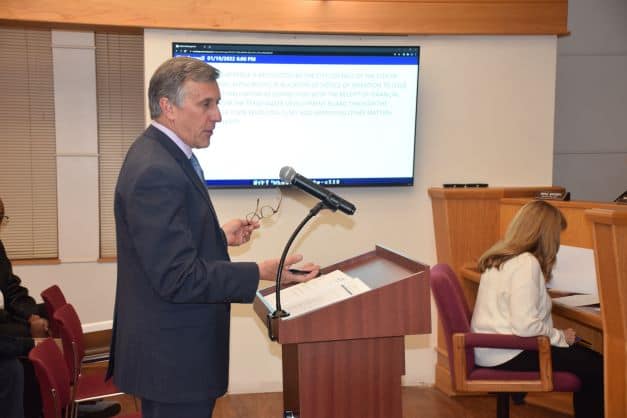You Give Love a Bad Name
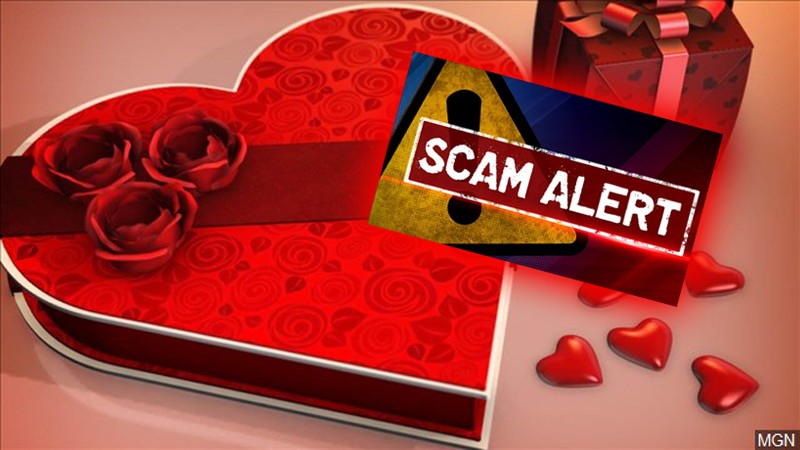
Beware of Romance Scams this Valentine’s Day
By Will Johnson
Messenger Reporter
EAST TEXAS – With a nod to Aqua Net hairspray, Jon Bon Jovi and all things 1986, love is in the air and as Valentine’s Day approaches, many are hoping to spend it with that special someone.
Some will be perfectly fine by themselves, but there are quite a few others who will be sitting at home eating chocolate or ice cream and wishing love would come their way.

With the rise of social media and online dating over the years, there are now more ways than ever to find love. These platforms, however, also create opportunities for scammers to reach potential victims, the Better Business Bureau (BBB) warns.
According to the BBB, “Romance scams are an atypical con in that communications with the scammer persist for months or, in some cases, years after the initial interaction. These con artists will dedicate weeks or months of their time to build a relationship with a victim, using flattery and confessions of love to build a foundation that they can leverage to perpetrate their schemes.”
Romance scams can be financially devastating as well as emotionally taxing for the individuals who fall for them.
The Federal Trade Commission reported romance scams reached a record $304 million in losses reported to the FTC in 2020. That’s up about 50% from 2019.
Scammers generally reach their victims via social media or dating apps, the consumer advocate group stated, where they begin to build a relationship with them. The impostors share stories about themselves, often claiming they work overseas and need plane tickets home, have sick relatives or are experiencing financial troubles. This information, often accompanied by excuses for never meeting in person, is meant to convince their targets to send them money.
“Some begin to ask for money after a few days or weeks, while others will keep the charade up for several months, allowing their target to become emotionally invested in the relationship,” the BBB indicated.
One Texas woman lost $43,000 after a relationship that lasted three months, sharing with BBB that she became engaged to a man she met online who claimed to be working in Saudi Arabia. He said to expect an expensive package, then repeatedly asked her to pay thousands of dollars to cover shipping, insurance costs and various fees.
“I did not want to pay at first, but the man who claimed to be my fiancé kept begging me to pay because he said he spent lots of money on the package. I just did what he said because I really liked him, and he seemed real on the phone,” the lady revealed.
Data from the BBB, the Financial Industry Regulation Authority (FINRA) and the Stanford Center for Longevity show that women ages 55 to 64 are most likely to be targeted for a romance scam. In addition to common risk factors, COVID-19 and the CARES Act motivated quite a few fraudsters to steal federal funds through romance scams.
The Better Business Bureau offers these tips to protect your heart and wallet this Valentine’s Day:
- Never send money to strangers. Never give money to someone you haven’t met in person. Be especially wary if they ask you to send funds through wire transfer, money orders or pre-paid cards, as these forms of payment are untraceable and cannot be returned. Cut off contact immediately with anyone who requests money online.
- Use reverse image search. Scammers can create very convincing profiles by using photos stolen from other users. If you suspect an account is fake, use reverse image search to see if their pictures are used on other profiles.
- Don’t believe sad stories. Victims of romance scams are often pulled in by stories that tug on the heartstrings, making them want to help the scammer or their family. Resist the urge to send them money, no matter how urgent the situation may seem.
- Take it slow. One red flag of a romance scam is someone who is eager to move the conversation off of the website or establish a serious relationship in a short amount of time without meeting first. Take your time to get to know your match and ensure they are who they say they are.
Will Johnson may be contacted via e-mail at [email protected].

